Rabbi Tom Gutherz /Congregation Beth Israel /Charlottesville, Virginia
I’ve been asked to share some reflections on the impact of August 12, 2017
on the Jewish community in our town. Most Jews in America today are here
because they, or more commonly, their ancestors, were refugees escaping religious persecution, often pogroms or genocide. Most of us carry these family stories,
and especially for first- and second- generation Americans, these stories were related
to us directly by those who experienced them, by our parents or grandparents.
We were raised to believe that America was a kind of promised land. Not a place
where all anti-Semitic attitudes would be completely absent, but a place where organized anti-Semitism, aided and abetted by the institutions of government and society, would not occur in this land of liberty and freedom.
Most of our community has experienced garden-variety antisemitism: the pennies thrown on the floor, insensitive words that convey some unpleasant attitude or some unflattering idea about Jews or Judaism. And many of us grew up with some name-calling: Kike, Hebe, Yid. But by and large the public expression of hatred towards Jews was thought by us to be a thing of the past.
And then came August 12, in Charlottesville.
Since that weekend two years ago we have had to have certain kinds of conversations with our children and our friends, that we never had before. Trying to explain to them: Why do people hate the Jews so much?
The Unite the Right Rally here was a public coming-out ceremony for a movement
that had been steadily organizing itself in the corners of the dark web, where Jew-hatred is glorified and amplified. Where the names of Jewish journalists, activists and public figures have their names bracketed with the three parentheses to signify “JEW.”
Before August 12, we did not pay much attention to this. We, like many of you, were surprised that when the Klan came to town—the Klan, whose very existence is a visceral reminder of racial terror for African Americans--and most of the signs they carried were anti-Semitic.
And we did not fully understand why the people who came here, ostensibly to protest the removal of Civil War hero statues, were chanting: JEWS WILL NOT REPLACE US”
And maybe some of you still do not know.
The reason is this: that for many on the alt-right, hatred of Jews is a part of the glue
that holds together the white supremacist worldview. This movement has cut and
pasted classic anti-Semitic tropes into their version of “the Great Replacement
Theory.” According to them, the Jews, not being truly whites and certainly not Christians, work secretly for the demise of the white race.
This myth of sinister Jewish power is what motivated the shooter at the Pittsburgh synagogue last year. He blamed HIAS--the Hebrew Immigrant Aid Society--for
being behind the invasion (his words) of immigrants at our border. So he went to a synagogue to murder some Jews.
The story of HIAS and Pittsburgh is a personal one for me. My father Joseph was
born in Poland in 1924. He lost his entire family in the Holocaust. By the time he
was 20 years old, every single person who he knew growing up, every family member and friend, with one or two exceptions, was murdered because they were Jews.
They were victims of a society that whole-heartedly embraced these same theories of racial supremacy, that believed in worldwide Jewish conspiracies. My father survived. HIAS brought my own father to America in 1950, and helped him to settle in Cleveland Ohio, where I was born.
The thought that Nazi ideas are avidly discussed on the internet and neo-Nazi insignias proudly worn on our streets, makes the Jewish community uneasy. We feel that the ground is shifting, though we do not know exactly how. We are uncomfortable about being suddenly cast into the public eye. And though we are grateful for all the expressions of support we received from so many of you in this room, our synagogue
has gotten used to security measures that we never felt were necessary before. There
are moments of fear, when we see or hear about some unusual activity.
But together with our fears and uncertainties, we are also aware that Jews as a community have been embraced in a unique way by this country. Barriers that once restricted our admission to neighborhoods, universities and or organizations have mostly disappeared.
We are no longer shunned as marriage partners, as was the case only two generations ago.
I’ve told you part of my father’s story. And yet I am also aware that when he arrived
in this country, and settled in Cleveland Ohio in the 1950’s, there were certain neighborhoods he could live in, bank loans and jobs he could get by virtue of the fact
that he had been designated as white, or kind of white, in America’s either/or racial lens.
I and many in our Jewish community--the ninety percent of our community
who are not Jews of color--enjoy privileges that were not available, and still are not,
to African Americans and people of color.
We know that for every synagogue shooting, there have been dozens of attacks on African American churches and communities. And we know that much white supremacist violence is directed at Muslims and, as we saw just last week in El Paso, at the Latino community.
I had known about the violence of racism and its history in our country.
But on August 12 I, and many of you, saw it and felt it in a different way.
I may have been surprised by my exposure to the depth of the hatred and
the violence of white supremacy in this country, but African Americans have
always known it. It is as much a part of their life, of your life, as the air we all
breathe. And havin seen and felt that, I think, imposes a special obligation on
all of us.
So I have a lot of questions that need to be answered:
Why did I not feel that violence?
Was I too optimistic about the things I saw changing?
Too complacent about the pace and efficacy of those changes?
Why did I not know the history of the statues that are one block away from the synagogue, that I pass every day? Why did I not have the curiosity to find out?
Shame on me!
And what else is there that I just do not want to see?
And what is at stake in my not seeing?
What will I have to give up, to support, to change, in order to contribute to undoing
the racial injustice that some are fighting so hard to maintain?
Many of us in our town have made the commitment to answering these questions.
Part of what changed for me on August 12, was a realization that I needed to change
my way of thinking about racism in this country. That I needed to understand that
it is not just about what is in my heart or my mind. But to understand the structures
it has built: economic, educational, political, and social; to understand its tenacity, its violence, its legacy. How it has shaped almost every aspect of the world we live in.
As well as its near invisibility to me as a white person.
My generation of Jews, born after the Holocaust, was raised under the slogan “merbr Again.” This was presented to me, and perhaps to many of you, as a “lesson” of the Holocaust. It its narrow meaning, this lesson translates to this: that Jews must take seriously the words of those who seek to harm us. We have learned that history does not only go forward. It can go backwards as well.
But I understand “Never Again” in a much larger way. “Never Again” means
that on account of my personal history, on account of what I and my community has experienced, on account of what all of us here in Charlottesville have experienced,
we have a special responsibility to be vigilant about racial and ethnic hatred
and injustice wherever we see it. And to look for it, to ferret it out, when we do not see it.
To understand clearly how it works, and to look for ways to dismantle it. To be a resister and not a bystander.
The Jewish tradition teaches: You are not obligated to compete the task
But neither are you free to desist from it. Each of us must find that way that
we can best contribute to this task.
I am so grateful for those of you in this room who have taught me, and continue to
teach me. I am learning. We are all trying to learn. And I believe we will all find
our way forward together

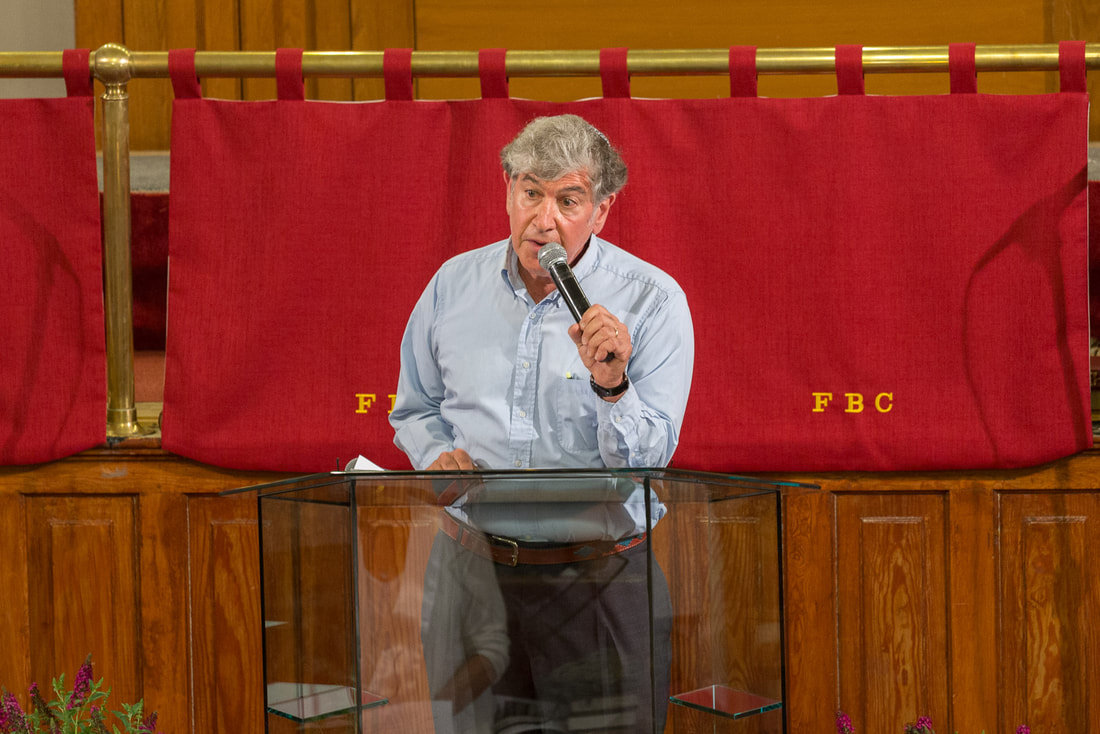
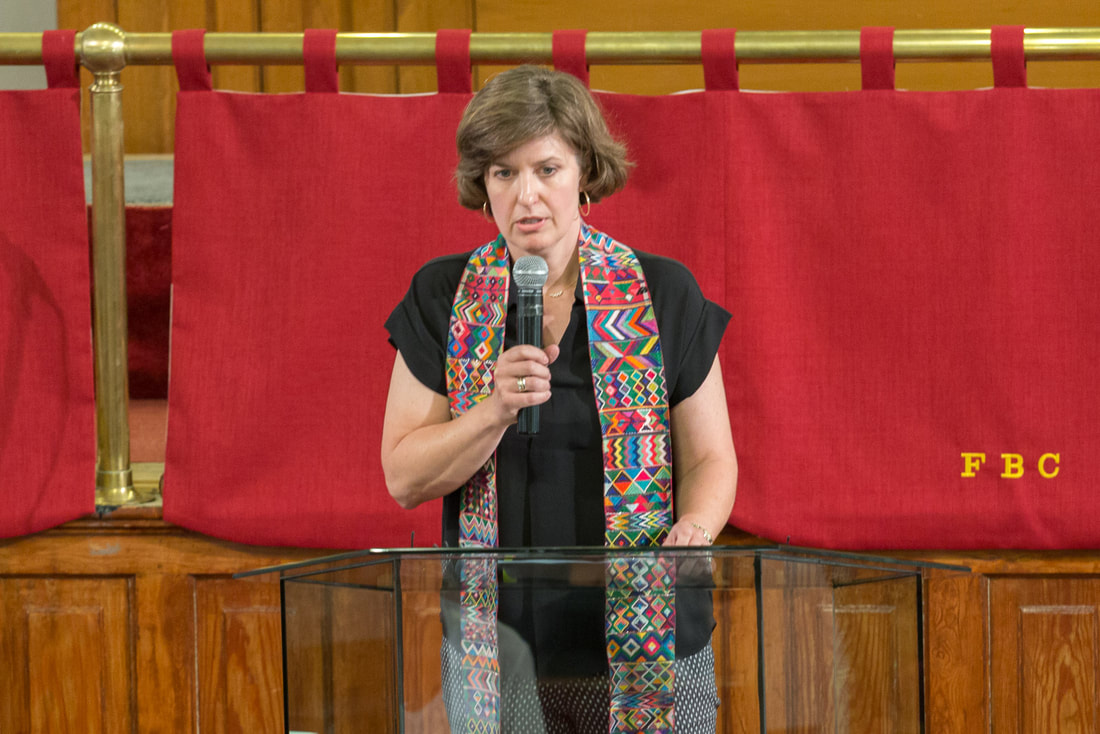
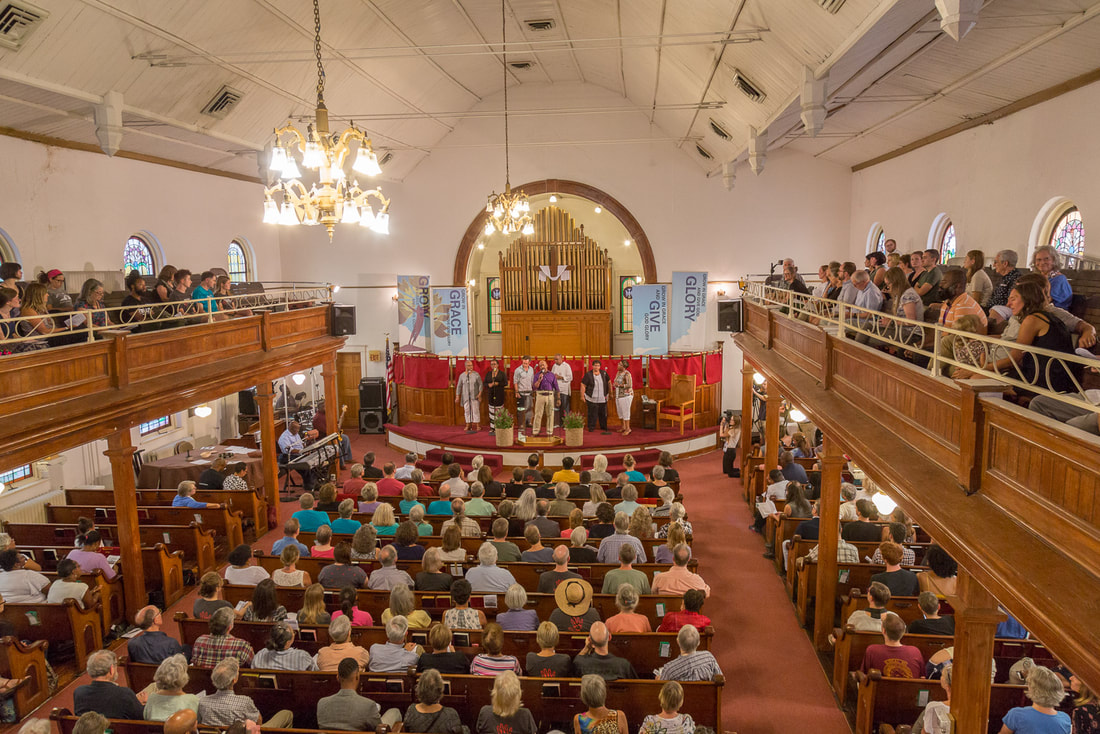
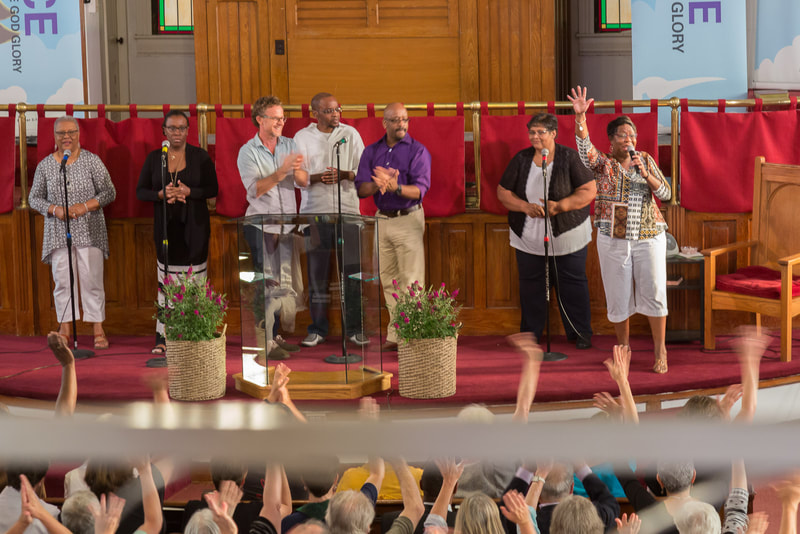
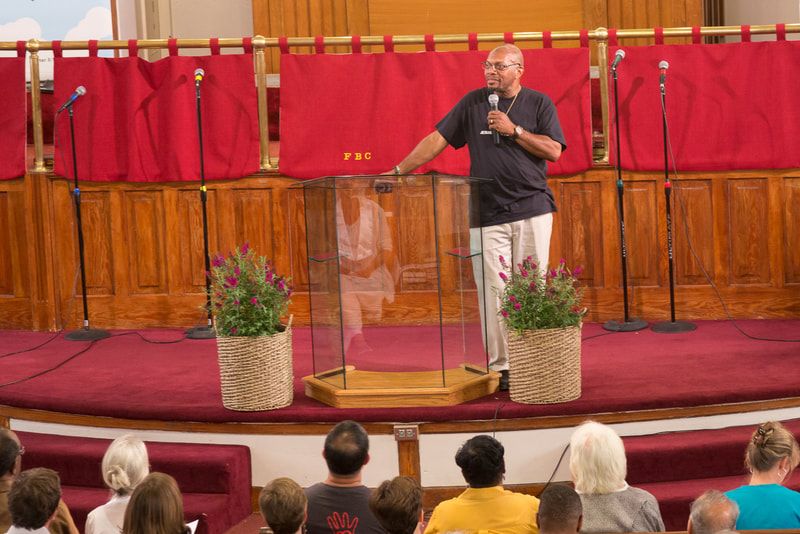
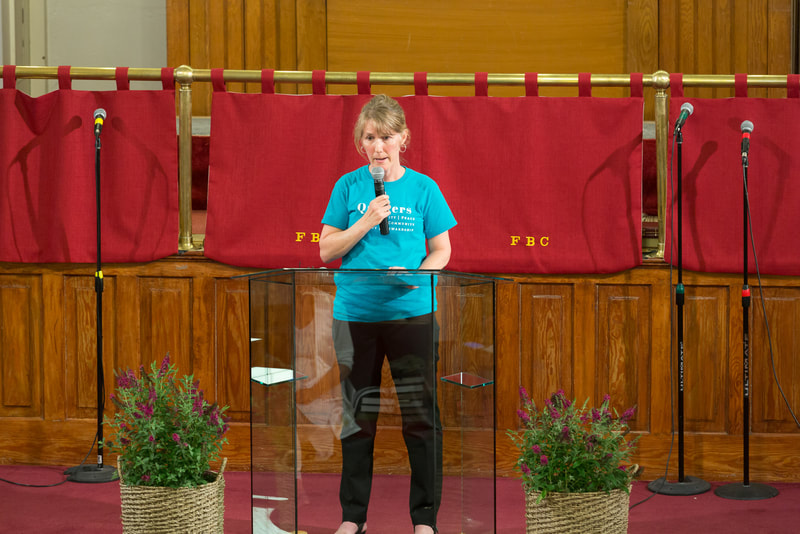
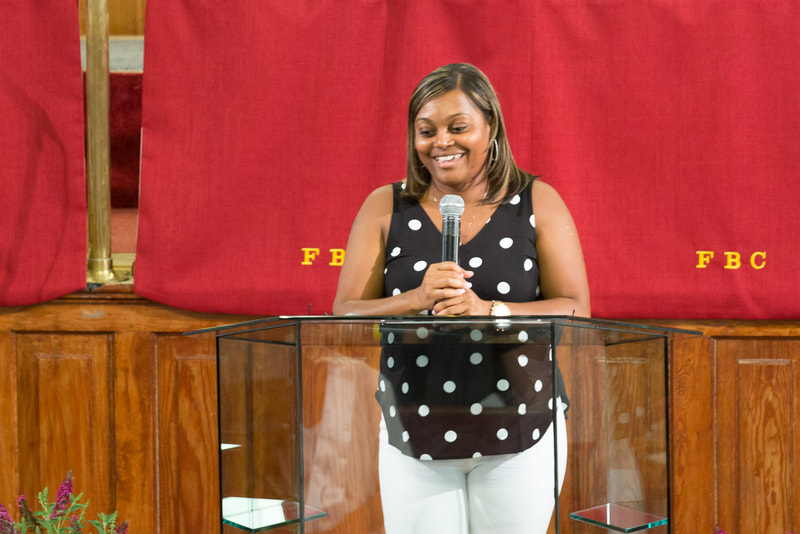
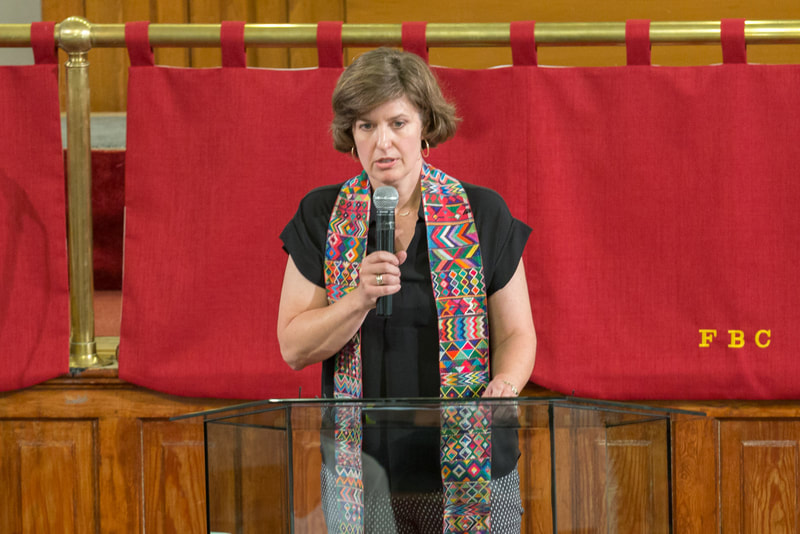
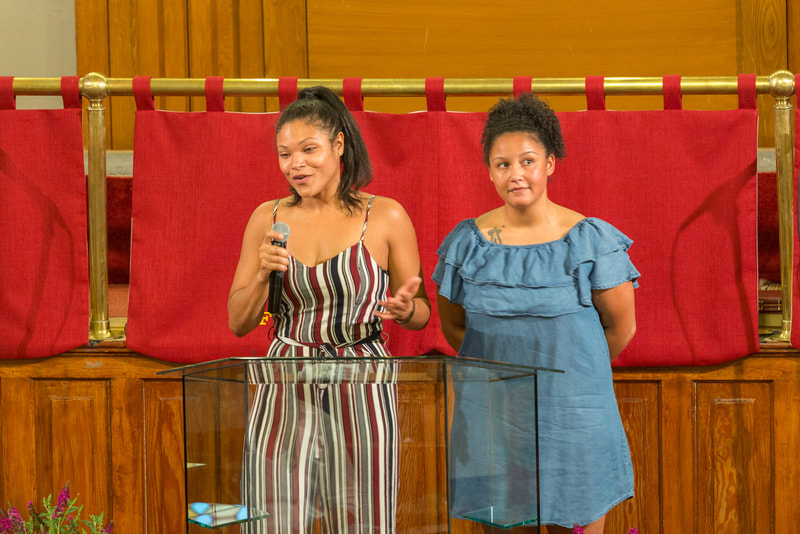
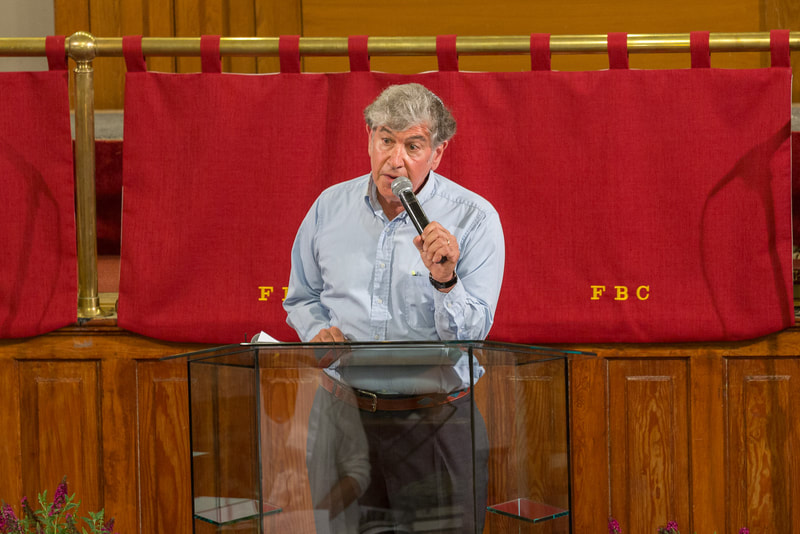
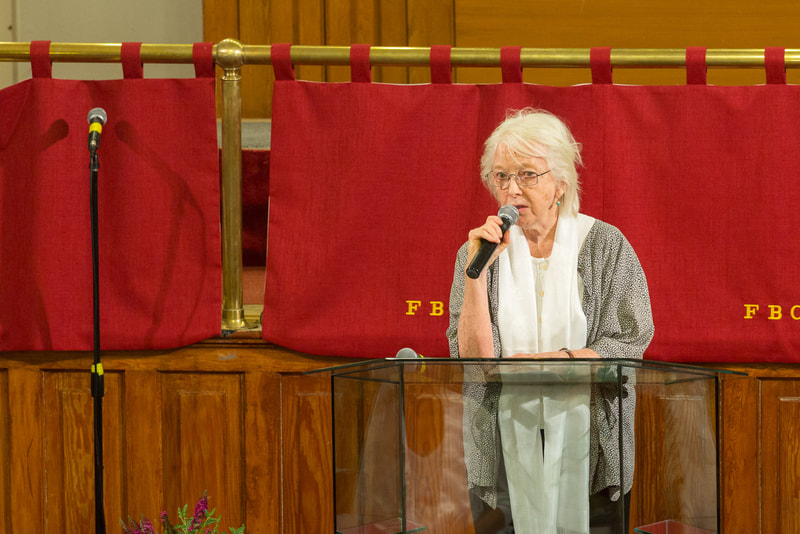
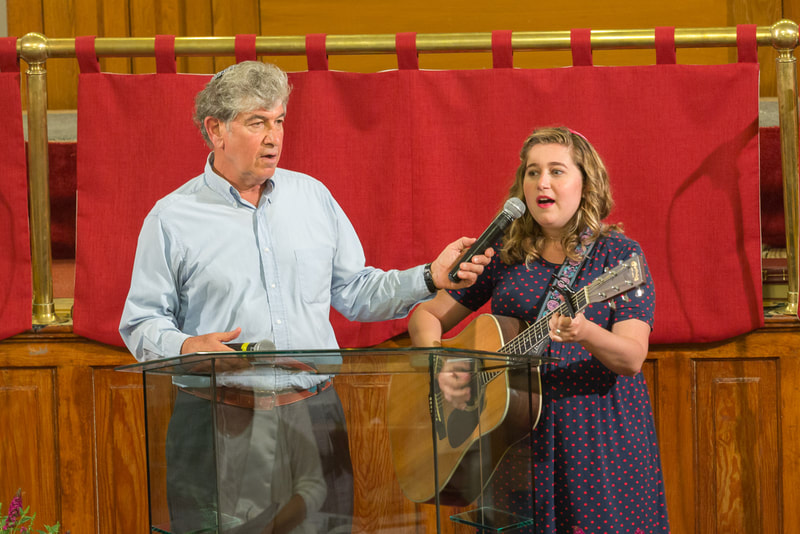
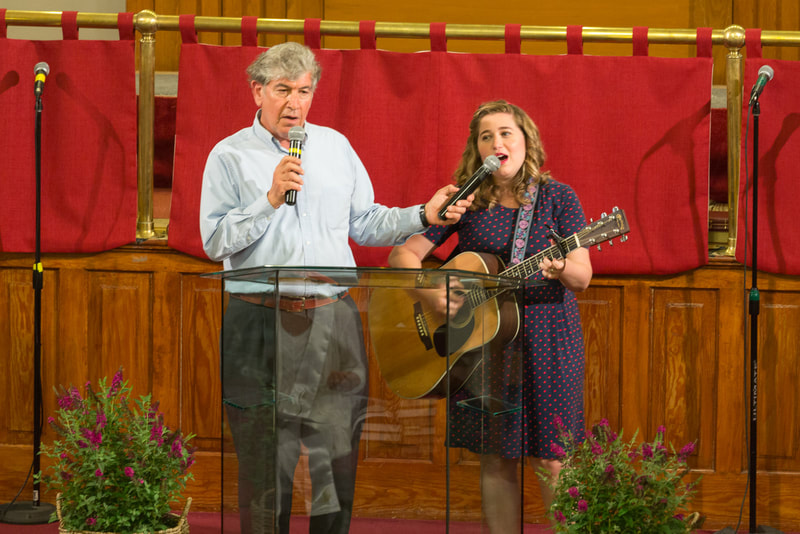
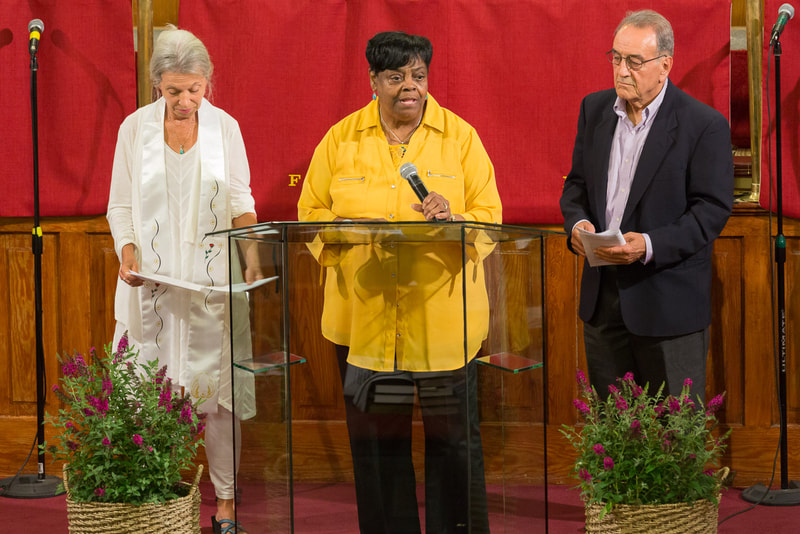
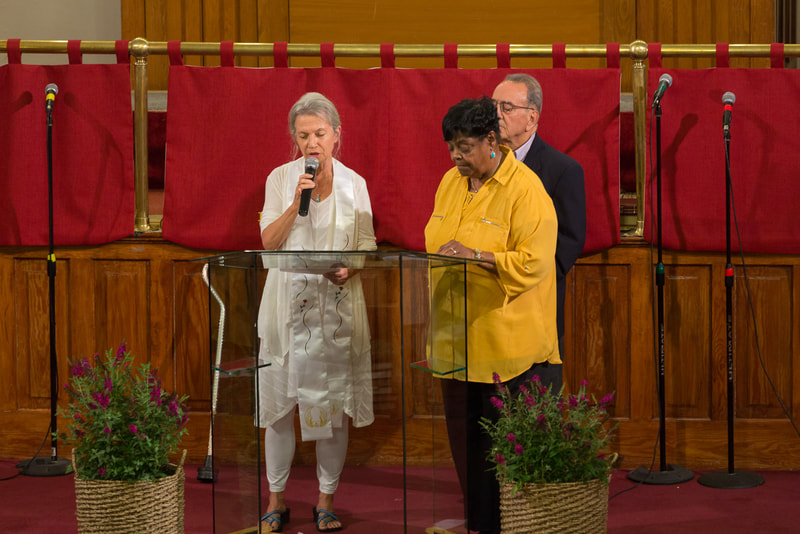
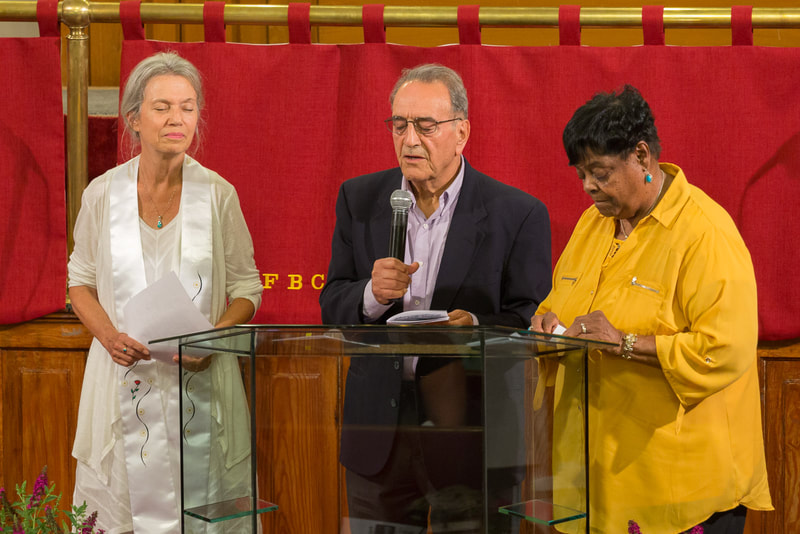
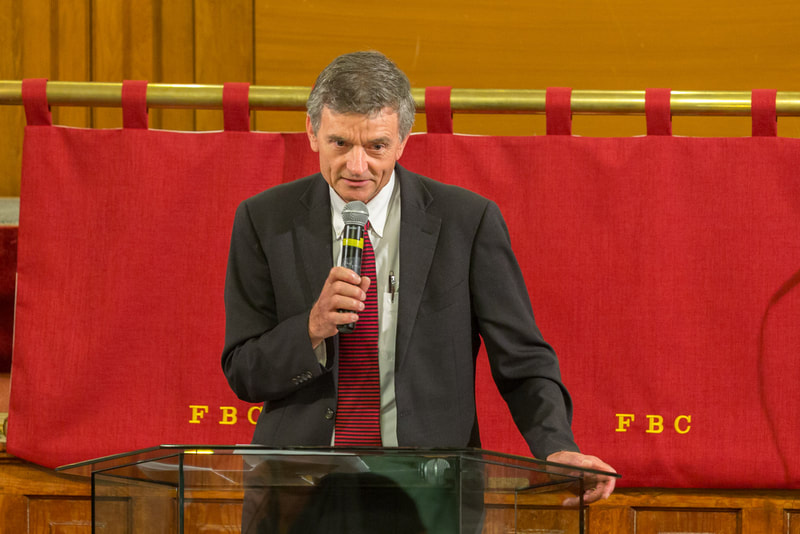
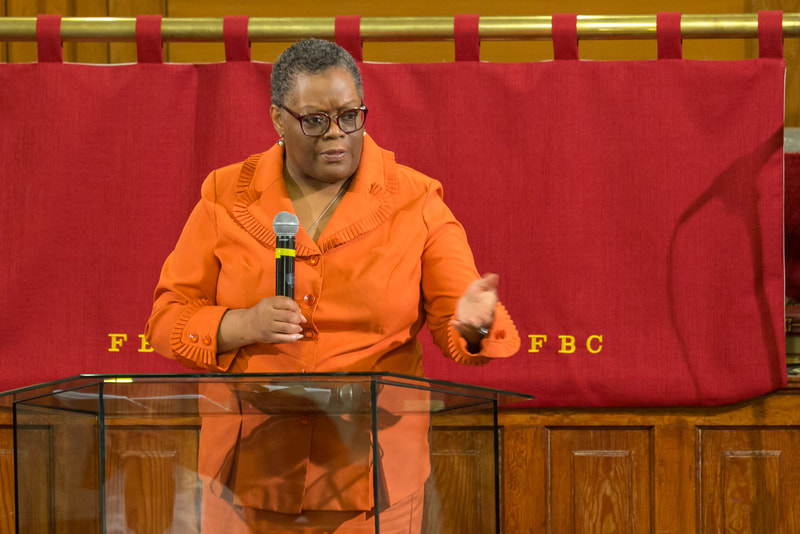
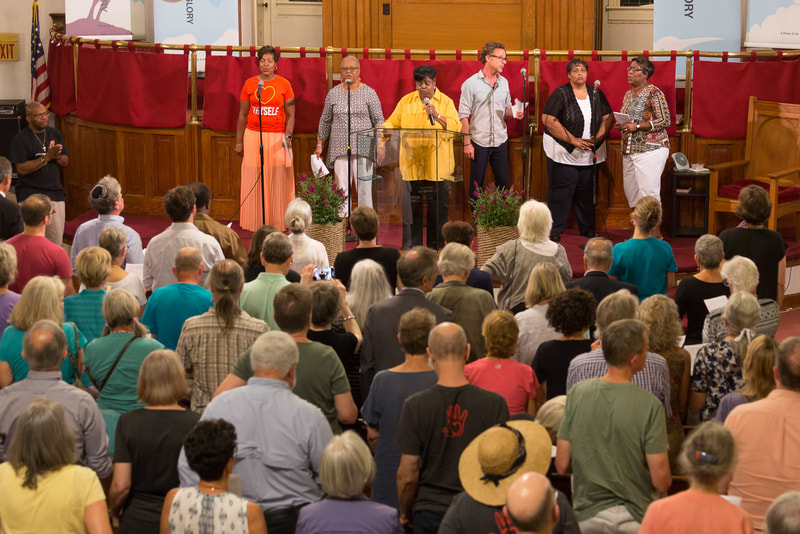
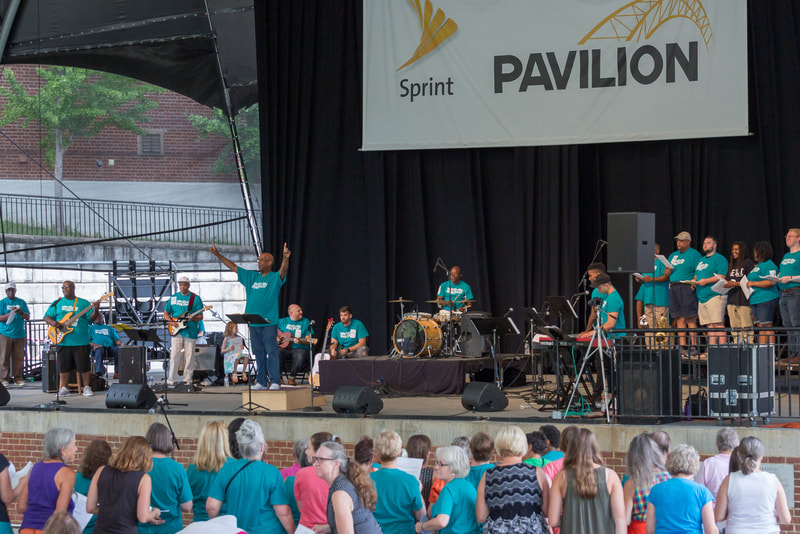
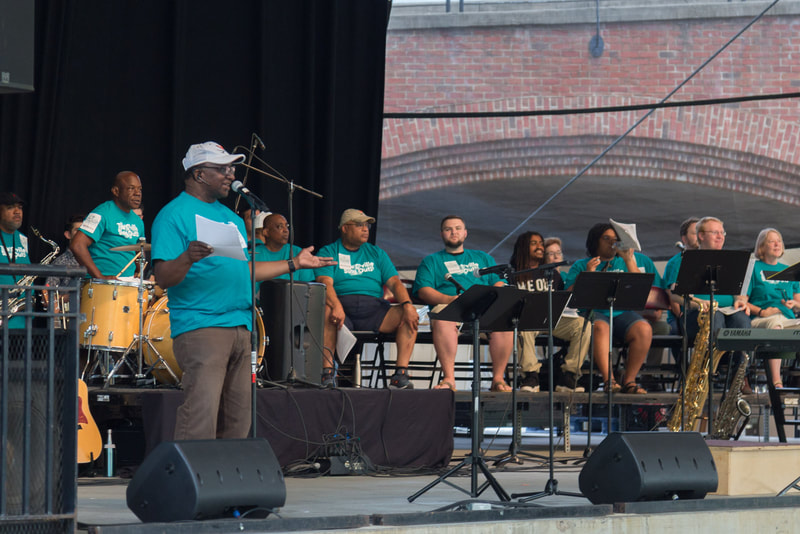
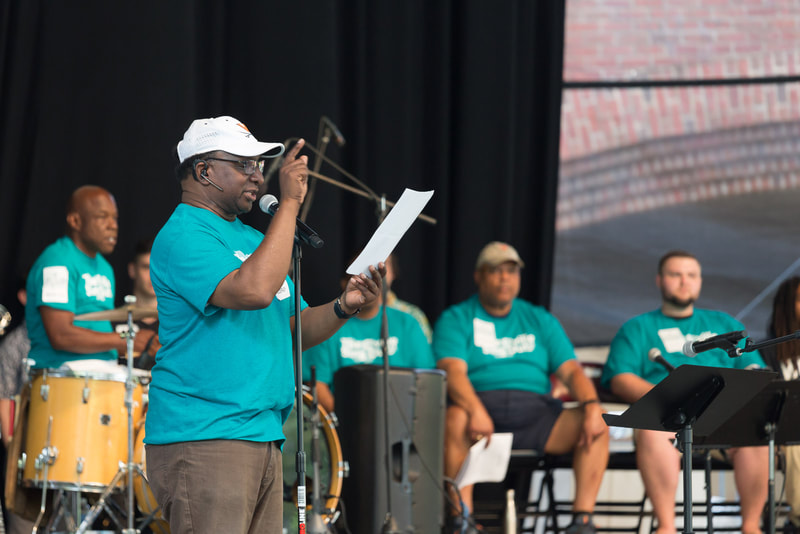
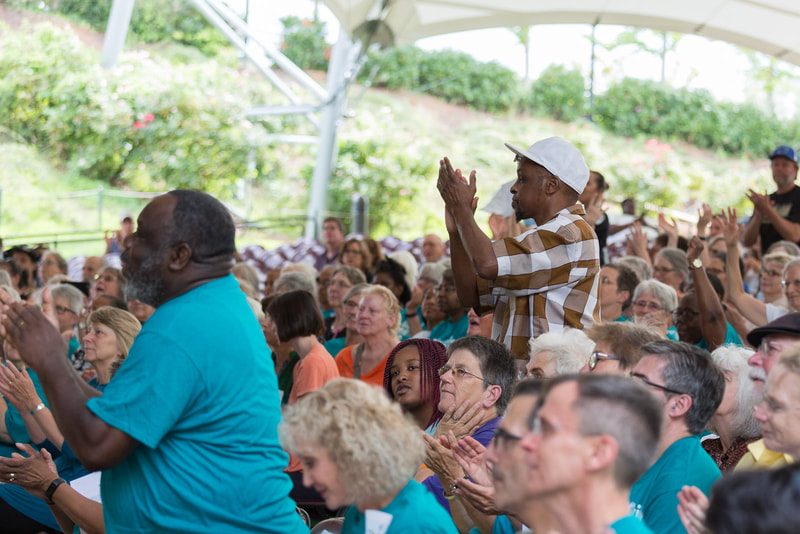
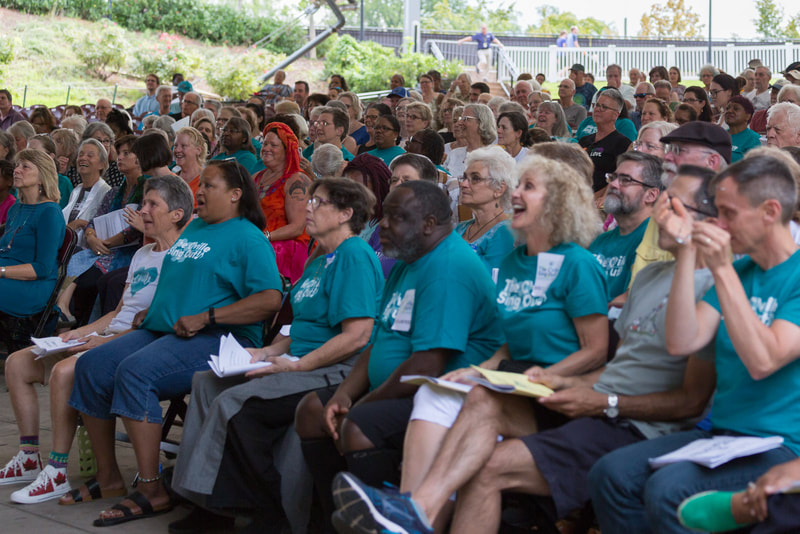
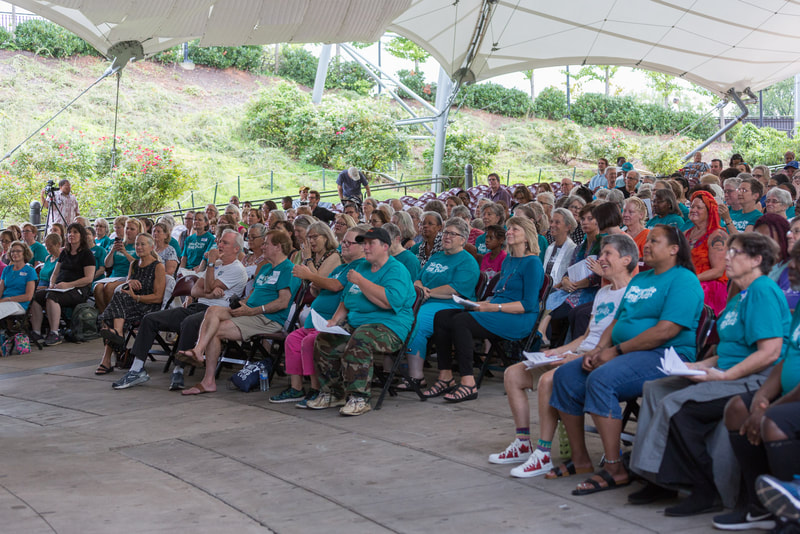
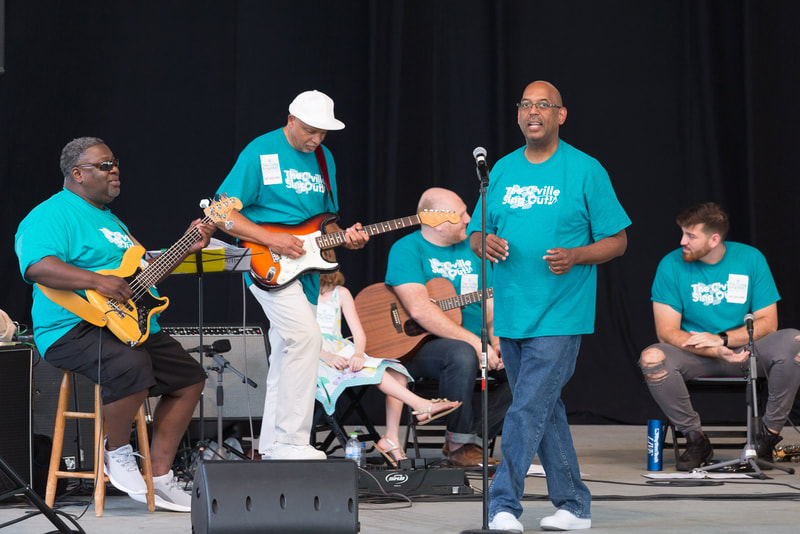
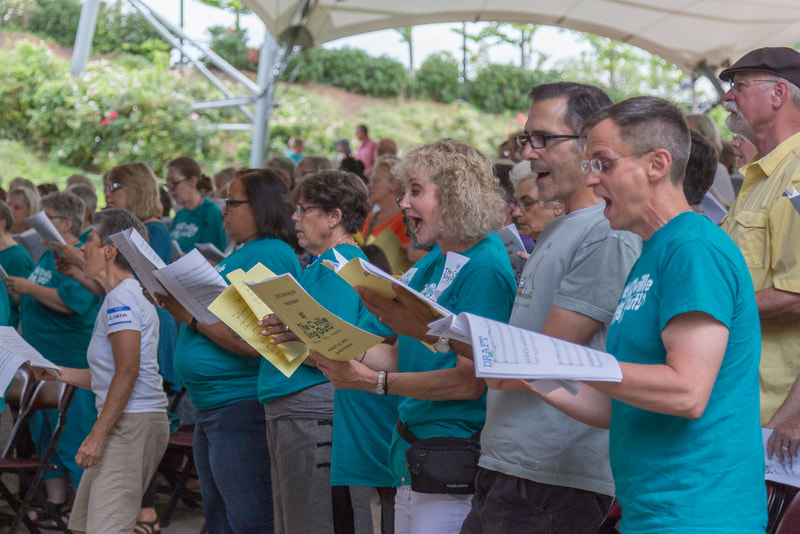
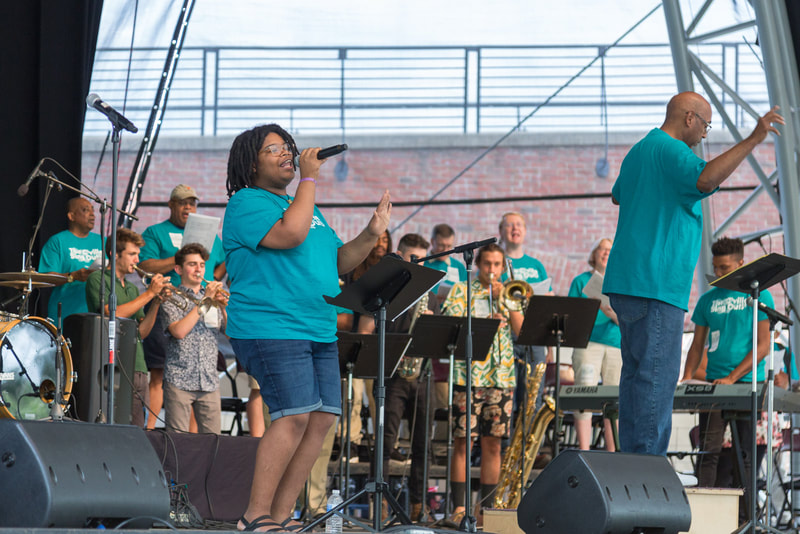
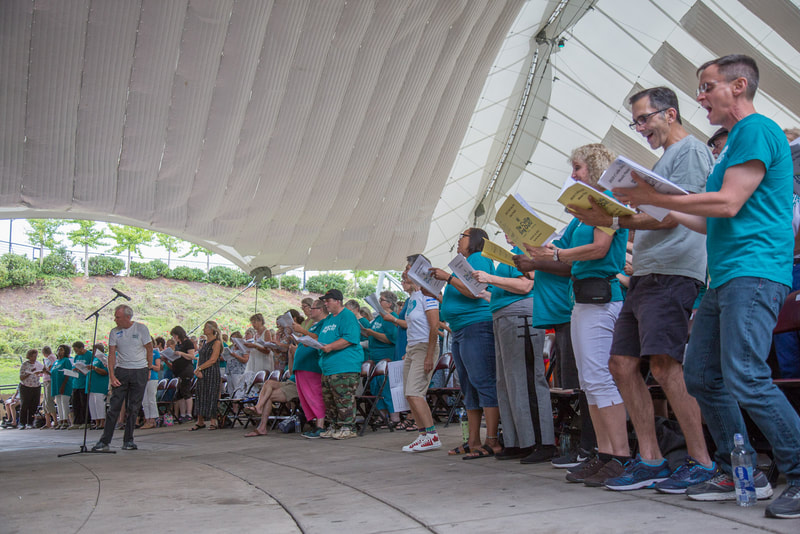
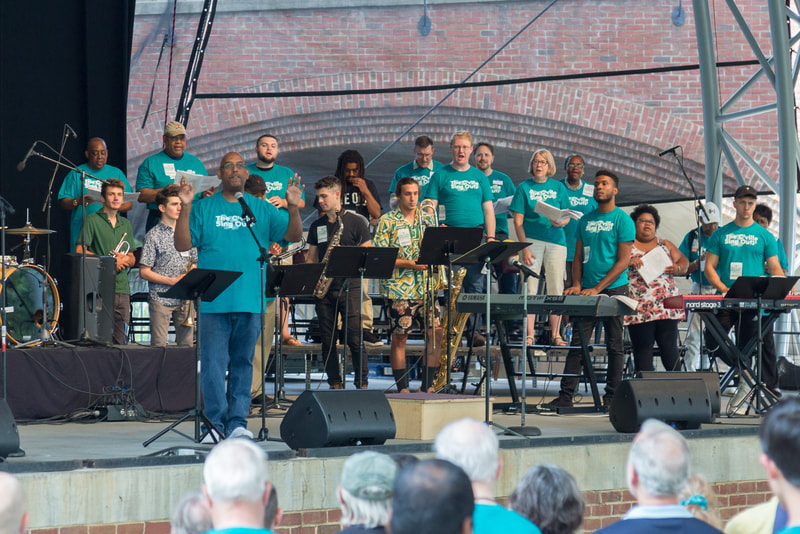
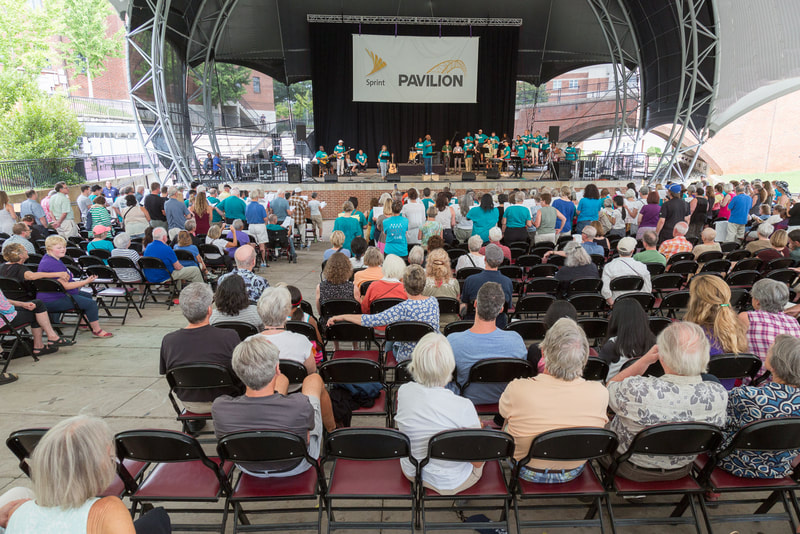
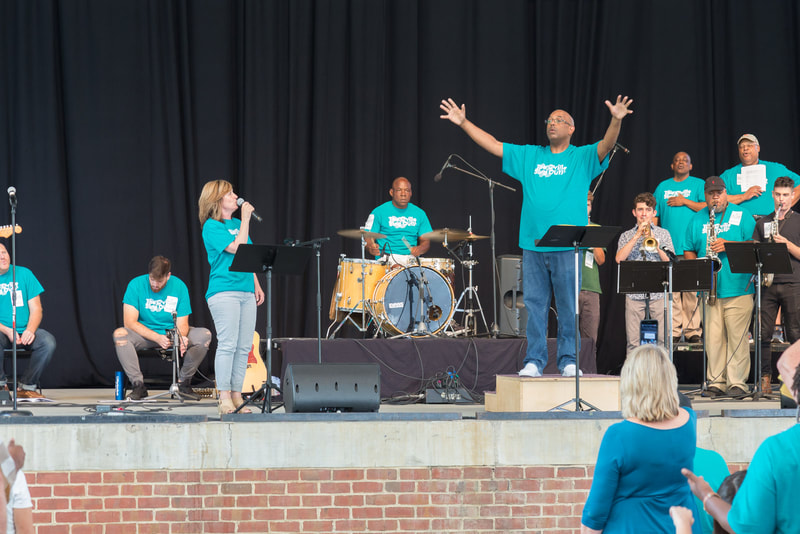
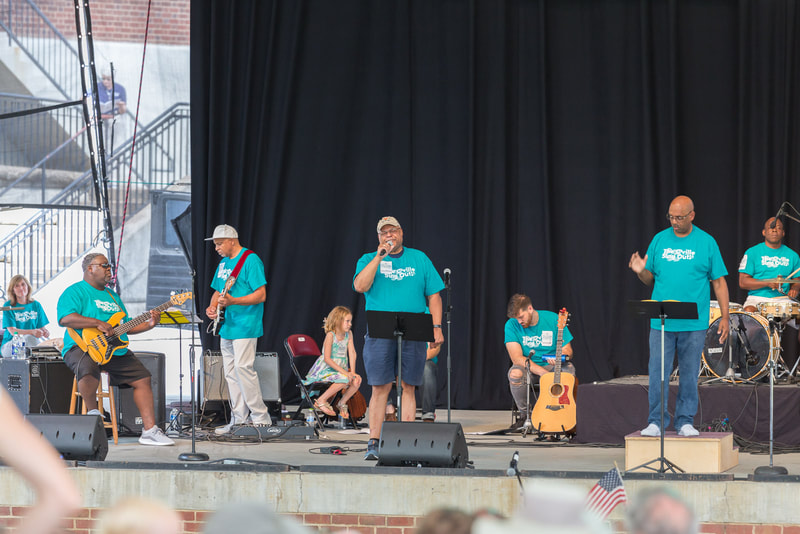
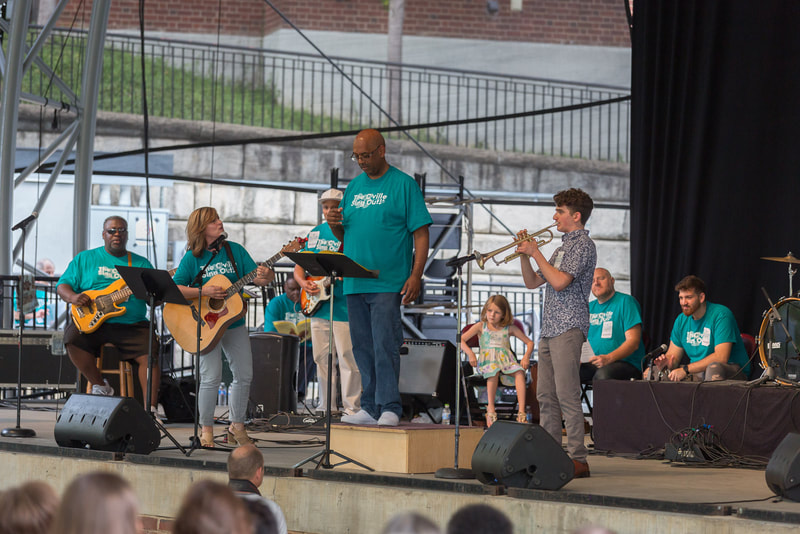
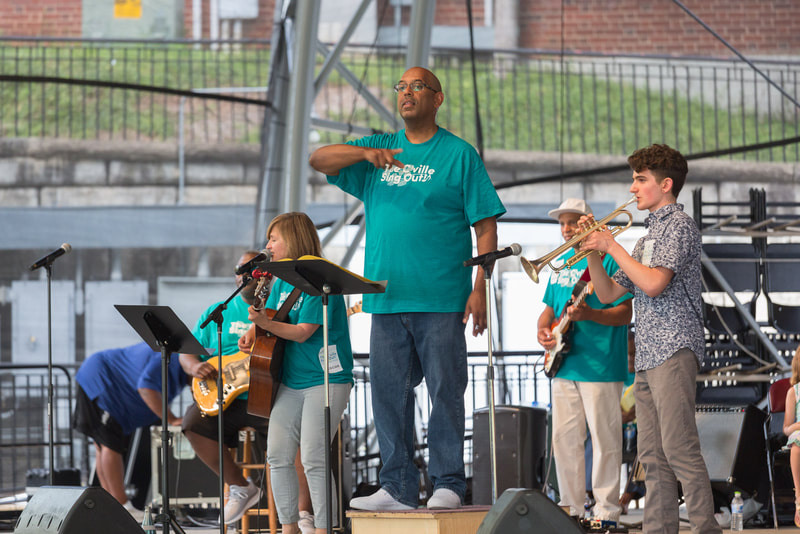
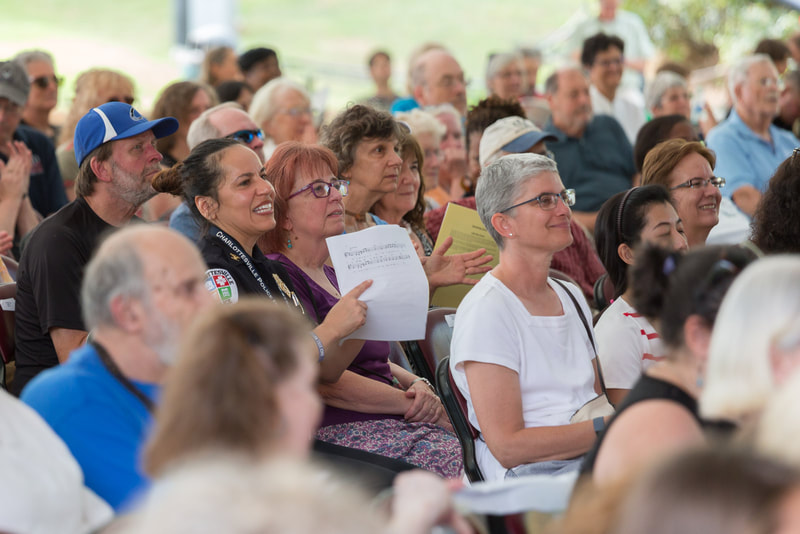
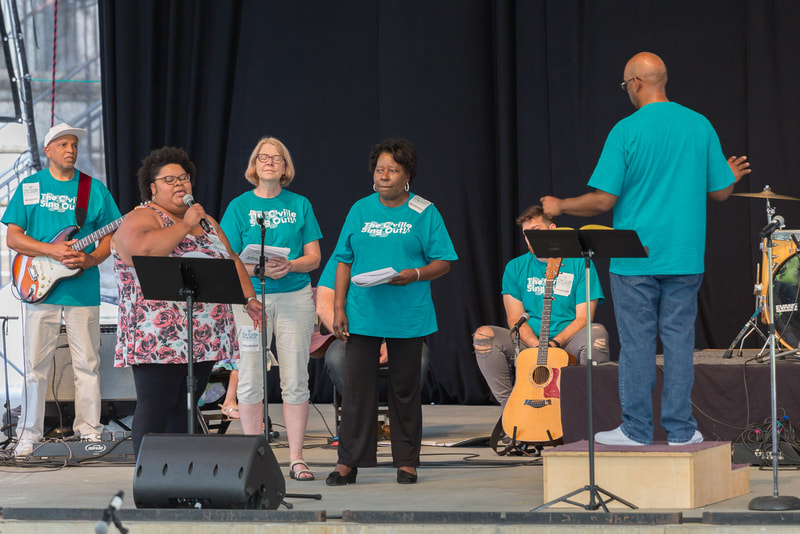
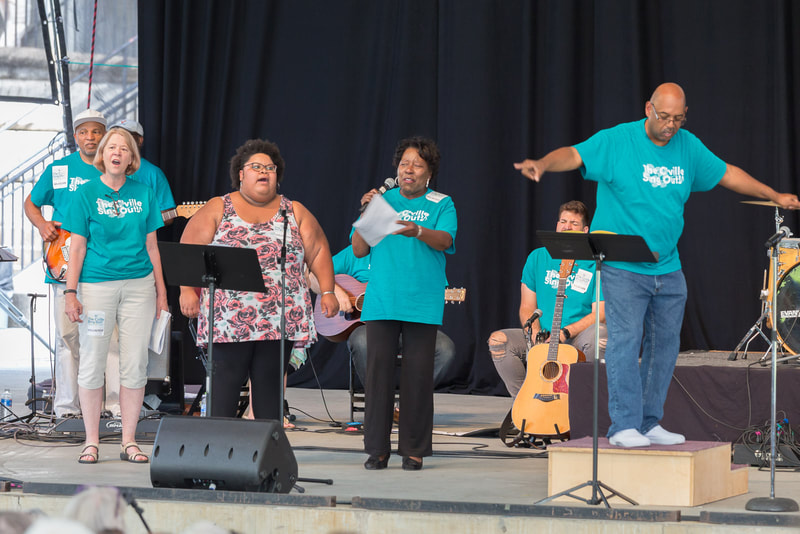
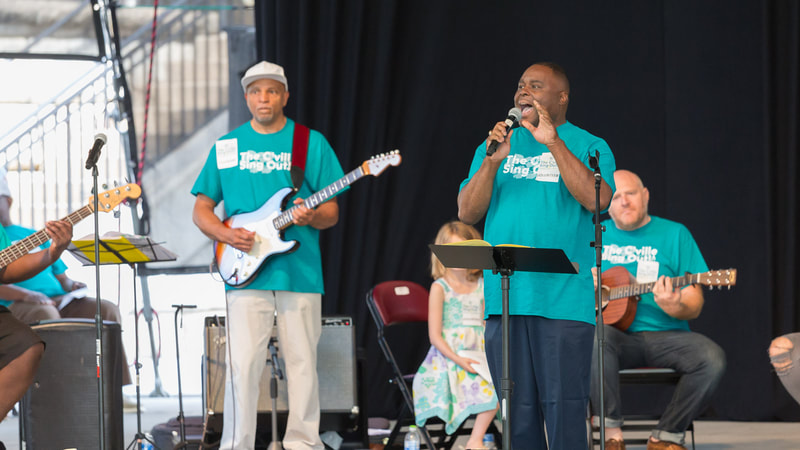
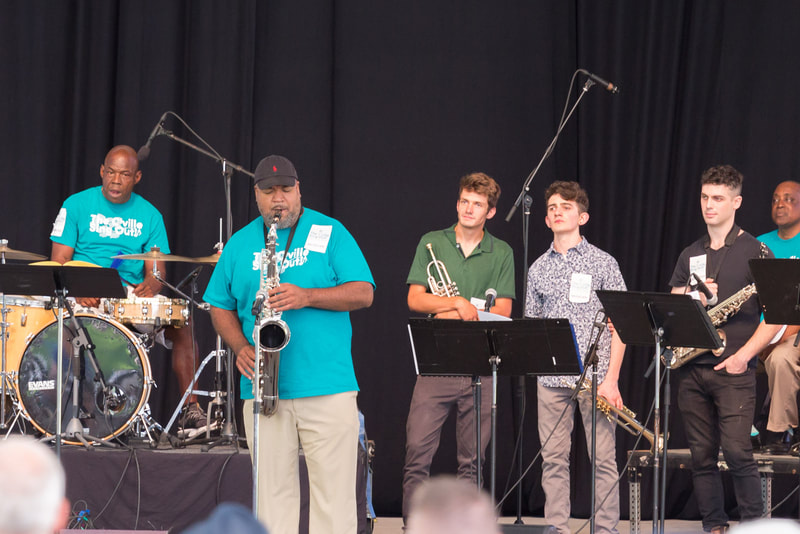
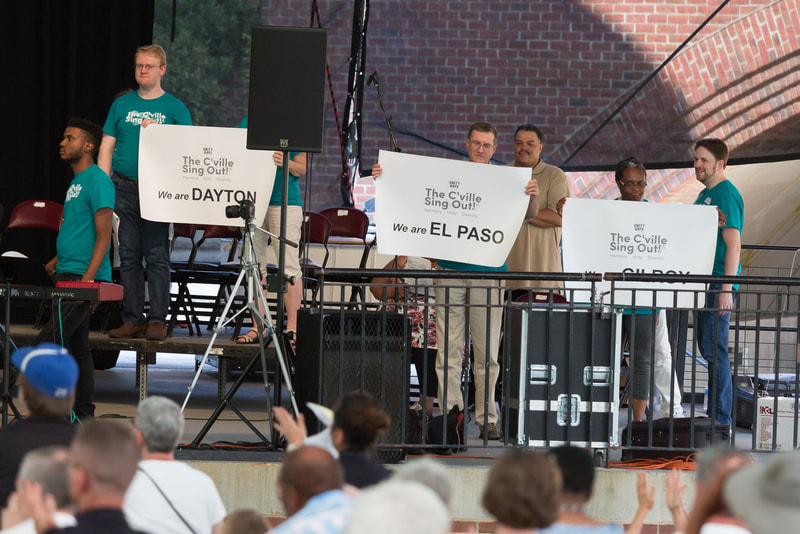
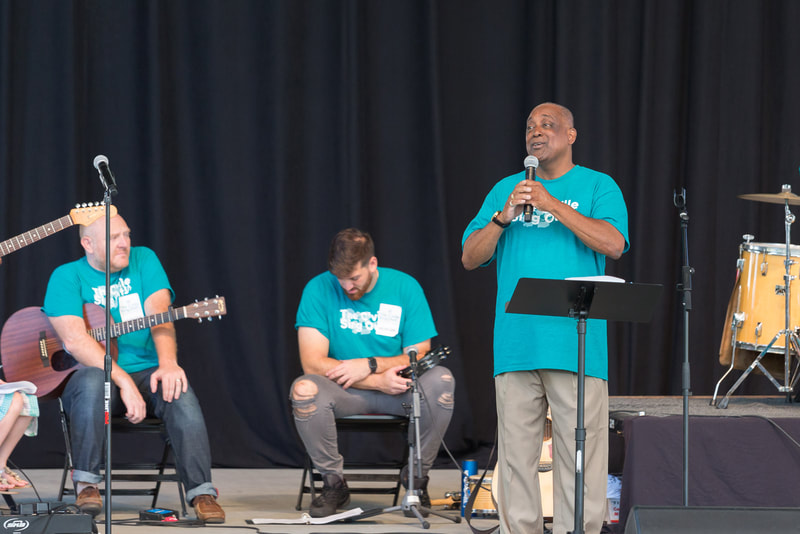
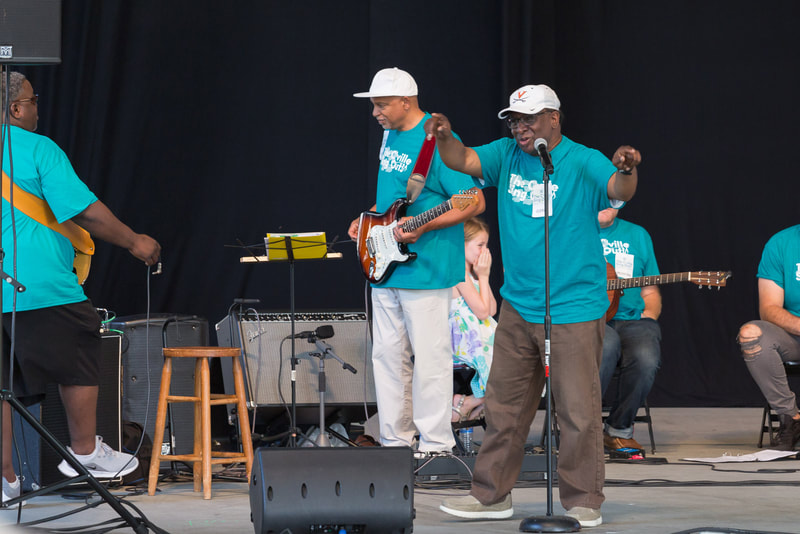
 RSS Feed
RSS Feed